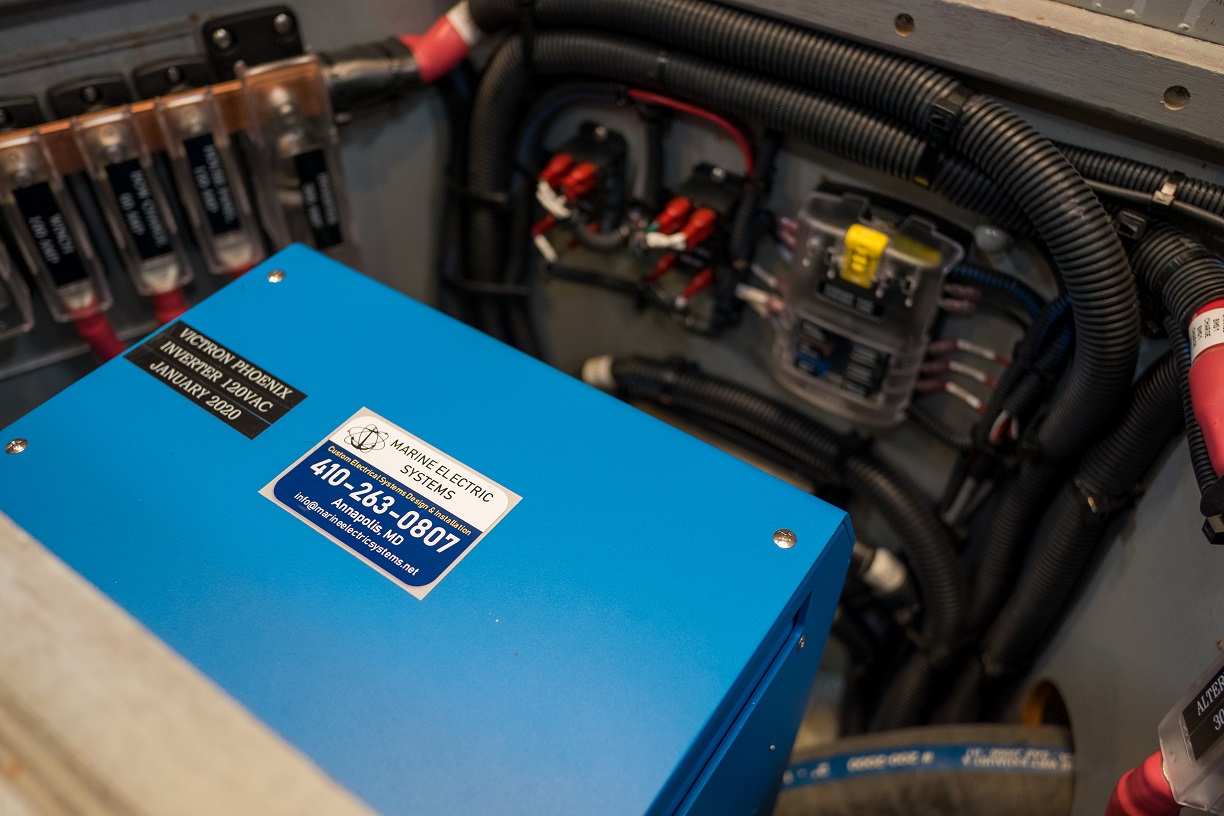
Common charging mistakes can lead to damage and shortened lifespans, especially with more powerful batteries.
Lithium batteries are found in nearly every facet of our lives. They’re famous for their high energy density, allowing them to run for extended periods before recharging. However, certain mistakes should be avoided to optimize their performance. Common charging mistakes can lead to damage and shortened lifespans, especially with more powerful batteries like the ones we use in our boats. Here are a few mistakes to avoid when charging your lithium batteries.
Over-discharging the Batteries
One of the most critical mistakes to avoid is over-discharging the batteries. Lithium batteries should never be discharged below their recommended voltage limit. Doing so can cause irreversible damage and significantly reduce their lifespan. Most lithium-ion batteries have built-in protective features to maintain specific voltages. After reaching that voltage, the battery will no longer power the connected device.
Fortunately, advanced lithium-ion batteries incorporate a battery management system to prevent overcharging and deep discharging. These systems monitor the battery’s voltage and automatically cut off the current if it reaches a dangerously low level.
Overcharging
When the lithium ions inside a battery overcharge, they can plate onto the anode, causing small lithium metal deposits to form. This is dangerous because lithium metal is highly reactive and can quickly short-circuit the battery. Overcharging can also cause the electrolytes in your lithium-ion batteries to break down and generate intense heat. This could result in what’s called a thermal runaway reaction. Thankfully, most lithium-ion batteries have built-in safety features to prevent overcharging.
Using Swollen Batteries
Although swelling isn’t common, it can sometimes happen to lithium-ion batteries. This indicates that the battery has reached the end of its life cycle due to improper use, heat exposure, or natural degradation. You may harm yourself and your electronics by using these swollen batteries.
A swelling battery can break through a smartphone’s shell in small devices. In larger devices, chemical compounds’ buildup can have more severe consequences. If punctured, it will release toxic gasses. If exposed to fire or high heat, it could even explode. Unfortunately, there is no way to fix a swollen battery. First, let it fully discharge. Then, safely remove and dispose of the battery at an appropriate recycling facility.
Inadequate Charging Conditions
Lithium batteries are more durable and resistant to harsh conditions than lead-acid batteries, but they are not indestructible. Most lithium batteries and chargers remain stable if the temperature is above freezing and below 150 degrees Fahrenheit.
Still, you should always charge a lithium battery in a climate-controlled environment to ensure safety. Sometimes, boat owners will hook up their chargers outside on a hot day and forget about it—letting the hot sun damage the battery.
Marine Electric Systems, LLC is a Leader In the Maritime Industry
We here at Marine Electric Systems have over 30 years of industry experience. You can trust our team for reliable service and expert craftsmanship in the Maryland, Baltimore, Annapolis, and Baltimore city areas! We’re highly certified and adhere to all ABYC and NMEA regulations. We specialize in top-notch electrical solutions for recreational, commercial, and government boating clients. Anything from electrical refits, to navigation systems, or boating maintenance. To stay up to date on our services, follow us on Facebook, LinkedIn, Pinterest, Instagram, and YouTube. You can also contact us at 410-263-0807.
